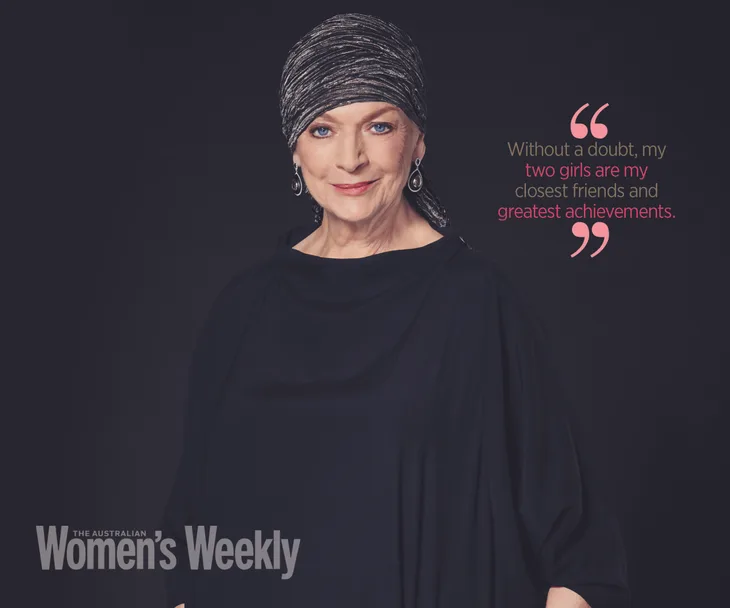Our most successful cover this year was with Dame Judi Dench, who at 80 smashed the ageist assumptions around who should be on the front of a magazine. It showed that Judi appeals to women of all ages in much the same way as Dame Helen Mirren, 70, who is also much- loved by women 19 to 90.
So we have dedicated this issue to the changing nature of what it means to be “old” and spoken to a range of women who seem to test the boundaries, by looking and feeling a lot younger than the traditional notions of what it is like to be in your 40s and beyond.
Thankfully, it now seems wrong to refer to someone like Helen Mirren as “old”.
And here in Australia, there are many women in their 70s, such as Dame Quentin Bryce, Maggie Beer and Ita Buttrose, who have never been more successful or, for that matter, more formidable – old is certainly not a word that comes to mind!
So, the concept of what is old or middle-aged is being gradually recast. It is partly because we are living longer, having children later, have greater independence and are perhaps even better educated. Yet it’s also access to improved medical care and, of course, a dizzying array of improved beauty techniques.
The United Nations predicts that, by 2050, the number of people over 60 will exceed those younger for the first time in the history of the world, which has major ramifications for every aspect of our lives. And, of course, the fastest growing age group in the world is those aged 80 years or older.
The beauty industry has been leading the way in understanding this phenomenon by increasingly turning to older and different types of women as brand ambassadors, in a way that was unthinkable a couple of decades ago.
Last year, I interviewed Naomi Watts, who is an ambassador for L’Oréal Paris at the age of 46. She joins Andie MacDowell, 57, Jane Fonda, 77, Eva Longoria, 40, and many others.
The beauty industry has also poured billions into the development of anti-ageing products in the never-ending quest for the perfect anti-wrinkle cream. It is estimated the anti-ageing industry is worth more than $350 billion worldwide and, as the population ages, the potential for growth is not lost on anyone. As one of our special reports this month highlights, there have been significant scientific inroads in both invasive and non-invasive cosmetic treatments, which have almost imperceptibly changed our thinking as more and more women look 10 years younger.
Having said that, we all know that old-fashioned, healthy choices are the key to squeezing the most out of your natural attributes. And thanks to science, we now know much more about what that means, as we all recognise the dangers of overindulging in alcohol, sugar and trans fats.
In recent months, we have been sceptical of the booming “wellness” industry and all its nonsense about anti-vaccinations and paleo diets for babies, but much about “wellness” is also vital to making the most of life, regardless of your age. So, to all our readers in their 20s, don’t think that this issue isn’t relevant to you. The decisions you make now can and will affect the ageing process.
The issue of how to age to the best of your ability was the reason we coaxed the magnificent Maggie Tabberer back into the pages of The Weekly. At 78, Maggie is as stylish as ever and, despite her reservations about going back in front of a camera, proved it to be a lot like riding a bike.


.jpg?resize=380%2C285)

